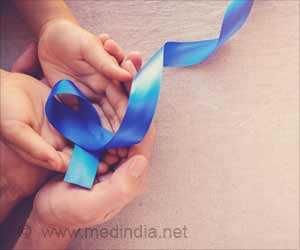Women will be able to gauge the ticking of their biological clock through a new fertility blood test that aims to predict how long they have left to have children.
In a groundbreaking research, leading fertility expert, Professor Bill Ledger, of Sheffield University has developed a test, which will be able to predict how many viable eggs a woman has left.
The test, which is expected to be launched in January, will tell women when their fertility is dropping off. The development has been hailed to be as important as the contraceptive pill, as it will give women the same control over their fertility as the Pill.Women have a fixed number of eggs, which decline as they age. According to the Human Fertilization and Embryology Authority, a woman is half as fertile at 35 as she is at 25, and half as fertile again at 40. On an average, a woman will go through the menopause aged around 50, but it can happen as early as 42 and as late as 58.
Earlier this year Professor Bill Ledger warned that the UK faces an "infertility time bomb" as career women leave it too late to conceive.
The test is being developed for sale by Biofusion - a Sheffield firm specializing in commercializing medical developments, in collaboration with the Sheffield university - but it is not yet known how much the test will cost over the counter.
Previously, specialists could only do similar tests. However, GPs and chemists are expected to offer this simple blood test, which measures hormones that are released from immature eggs in the ovaries and calculates the number of viable eggs that remain.
The test is a good method of giving women an indication of their current fertility by measuring the levels of three hormones. Two of the hormones are produced by the ovaries, and their levels decline as the menopause nears, while the level of the other hormone, released by the brain, increases. The results gauge how many viable eggs are left.
Advertisement
A test like this could be helpful, not just from a fertility point of view but also for older women who are having menstrual problems such as heavy periods and are thinking about whether to have a hysterectomy or wait for the menopause.










